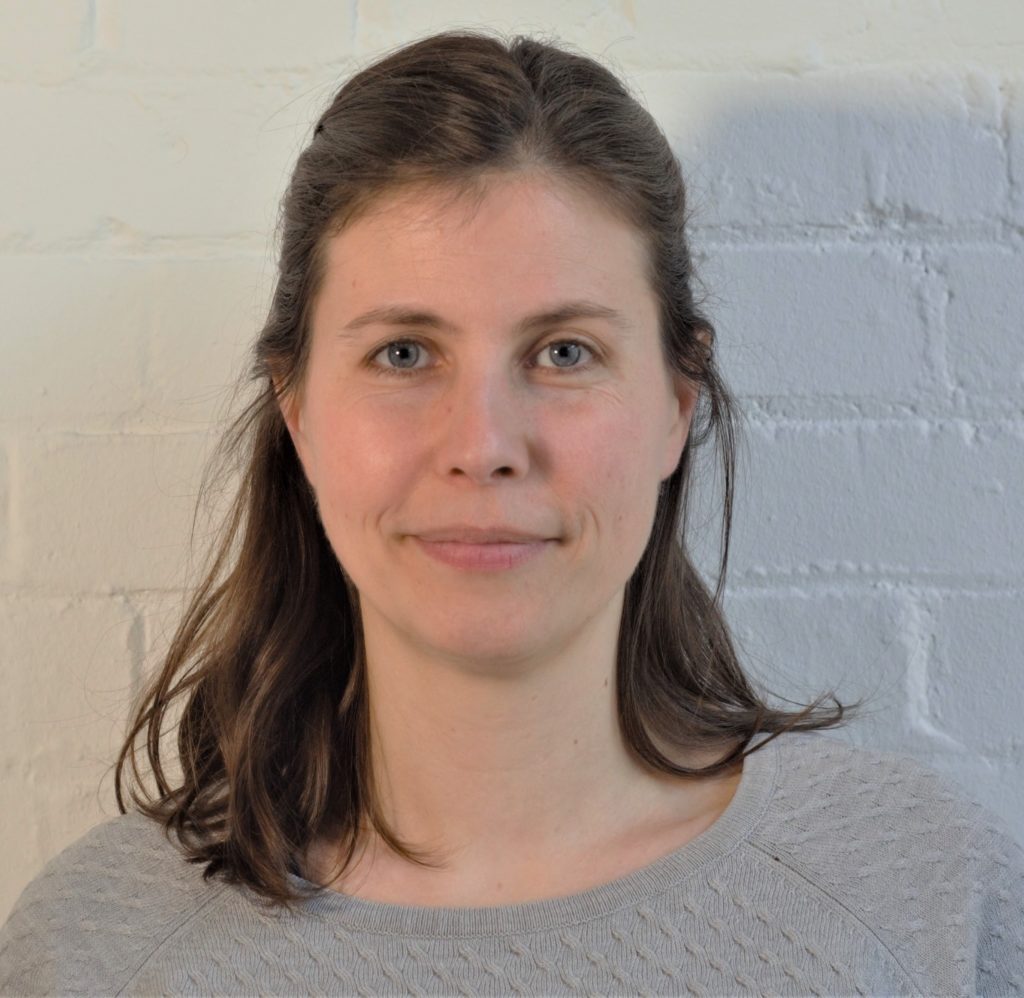We have recently started offering ‘live learning sessions’ for local authority officers who have completed our training on Making use of logic models. In these sessions, one officer from a local authority receives critical friend support to refine a draft logic model whilst other local authority officers can listen in and ask questions. The session is designed to support local government officers in implementing the use of logic models in their day-to-day work.
To support places in developing logic models, we have recently published a new guide and checklist to help step-by-step, and we will be announcing new dates for Making use of logic models in the spring.
We’ll be holding more ‘live learning’ sessions in the coming months for local authority officers who have previously attended this training. E-mail our Head of Outreach if you’ve previously attended Making use of logic models and would like to volunteer to present and discuss your project at one of these.
Unsure about the benefits of presenting or attending? To provide some encouragement, we asked our first volunteer to share their perspective on how it went. Here’s what they had to say:
The session, although a little daunting at first, was useful to hone my thinking on the individual elements of the project and how they all connect.
Back in January, I was invited to a present and discuss a logic model for a project I was developing. I chose a project that was still in an early stage. Whilst developing the logic model with a colleague helped to summarise our project, it was useful to have a fresh pair of eyes.
During the session, What Works Growth staff posed questions, asking me to explain the logic between each step. As I explained and the questions became more detail-orientated it became clear where some of the gaps were, or where we’d made assumptions. At several points, the answer was ‘we don’t know yet’, but even that was useful to reflect on.
The session was then opened to questions from other local authority officers. They raised good points around evidence and assumptions, as well as an acknowledgment that a logic model can always be changed later. It also prompted group discussion on how much detail is needed in the logic model versus a full project plan.
The ‘live learning’ was really useful. Afterwards I made some small changes to the logic model in discussion with a colleague who had not come across logic models before. They agreed logic models will be a useful tool in the future as we develop projects based on strategic and policy priorities, focusing on what inputs and activities are needed to achieve those aims.
It was also helpful having a logic model as a starting point which we could expand with more detail into a project implementation plan. We’ve also worked backwards from the outcomes to develop our monitoring and evaluation plans, so we ensure we can evidence the change at the end of the project.
I’m planning to use logic models in the future, particularly to test assumptions – my own and others’. They will be useful in the early stages of projects to ensure we are putting limited resources in the right place, and as a process evaluation tool as well. Did this work the way we thought it would? Are there factors we couldn’t control? Could we change things to make it more effective next time?
The session, although a little daunting at first, was useful to hone my thinking on the individual elements of the project and how they all connect. The questions were asked in a helpful way, which nudged me towards my own conclusions. It helped me realise questions I need to ask up front the next time I’m asked to lead a project I haven’t designed myself. Others in the training mentioned they have been using logic models and are now reviewing their projects. I’d be interested to hear from them, to see if the logic model has worked and if they need to make significant changes.
I would recommend the live learning to other local authority officers—both to volunteer your project and to listen in. We’re often too busy to have time to reflect, but that’s a critical part of planning and this session provides that.







